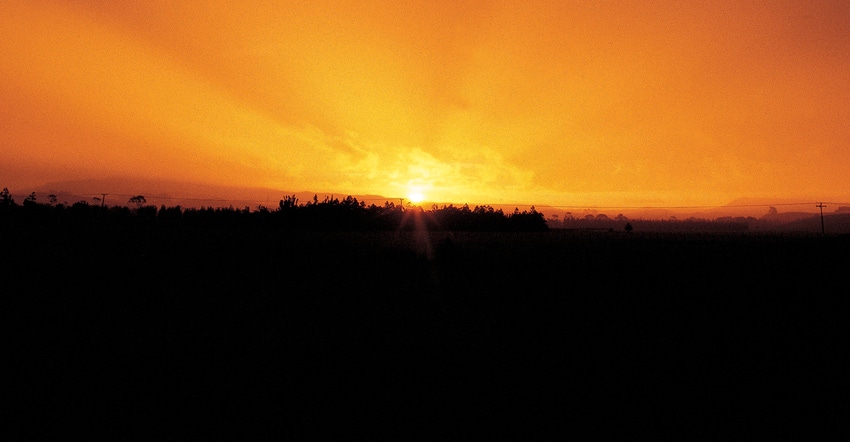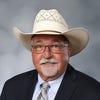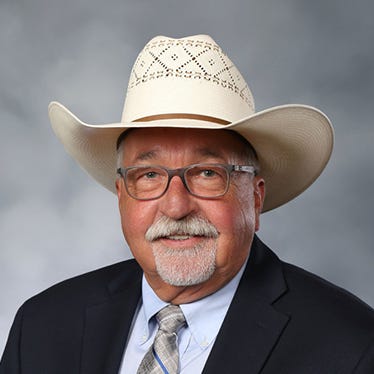November 12, 2020

As a result of the current pandemic, there have been some interesting side effects happening in my world of farming and ranching.
Firstly, the desire of many consumers to purchase fresh and locally grown food has led to many producers being able to either begin or expand their niche market of bypassing grocery stores and restaurants and offering food products directly to the people who will consume that food. Whether that demand is fueled by shortages (real or perceived) of food, or a wish to eat more nutritious meals, I don’t know, but no one can argue that it hasn’t brought about massive change.
Buy local
For years, I’ve wanted to be able to buy the raw milk I’ve missed for the 50 years that have passed since we sold the last old Jersey cow that had provided us fresh milk since my birth. Now, there’s a little on-farm outlet that sells the best-tasting milk you can imagine only 8 miles from my house. I’m there every week, and they recently added fresh, farm-grown beef, pork, chicken and eggs. According to the owners, people drive from a 60-mile radius to take advantage of their offerings.
I also have a neighbor-farmer who bought a small meat-processing plant several years ago. He has expanded its capacity over the past few months, and he still can’t keep up with demand. I suspect his customers will be around long after the pandemic is over.
I really believe we have reached a new normal of people wanting to see where their food comes from.
But of course, all the side effects aren’t positive.
As millions of people have had to learn to work from home, they have also learned that they don’t have to live in the same overcrowded, crime-ridden cities and pay exorbitant prices for housing to do the same work. Hundreds of thousands of those people are now flocking to places like where I live, to continue working at home while enjoying the safety and serenity of small, rural communities.
This mass exodus from the cities is driving up land prices to unprecedented levels. While it may be good for the farmers who are contemplating retirement, it’s making it next to impossible for younger and beginning farmers to purchase land with any possible, feasible way to pay for it.
Another older neighbor recently sold the farm on which he had lived and worked his entire life. The purchaser simply wants to use it as a weekend retreat for him and his family, with no plans to raise any livestock or crops.
I once thought the most frightening statement I could hear as a farmer was, “I’m from the government, and I’m here to help you.”
In my neck of the woods, that has now been replaced with, “Hi, I’m your new neighbor. We just moved here from California.”
Crownover farms in Missouri.
Read more about:
Covid 19About the Author(s)
You May Also Like






